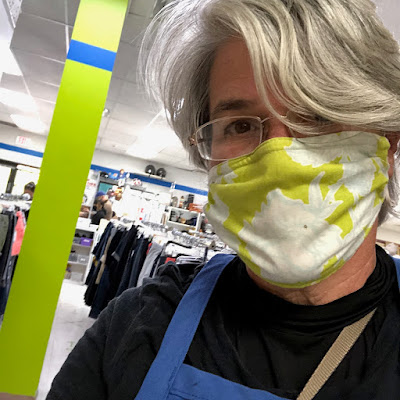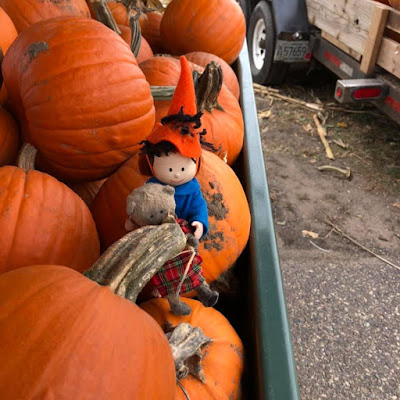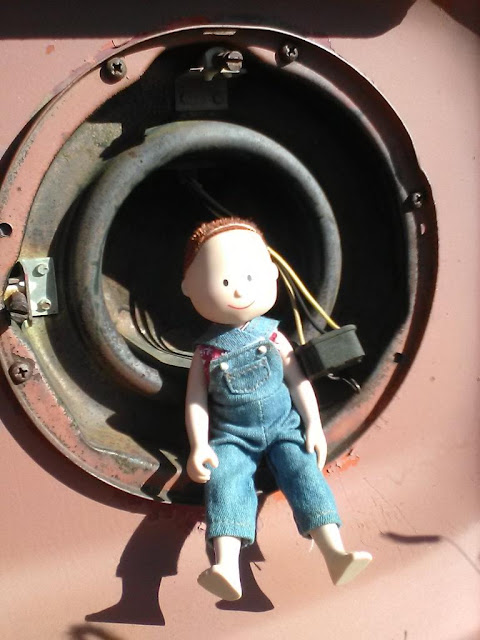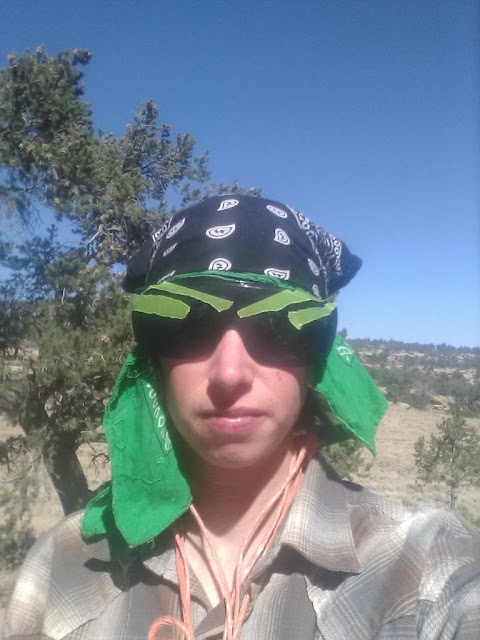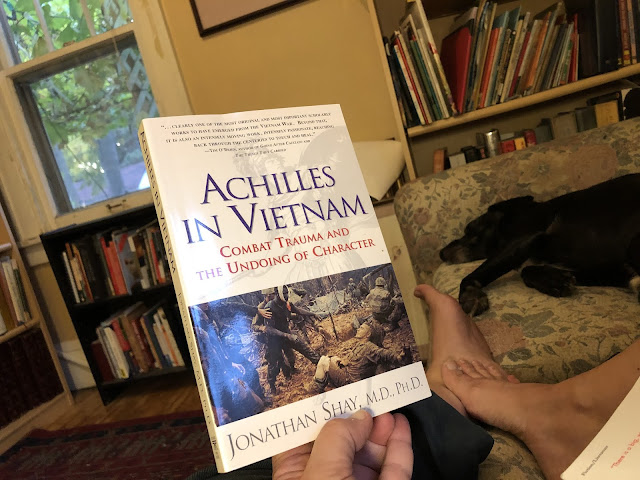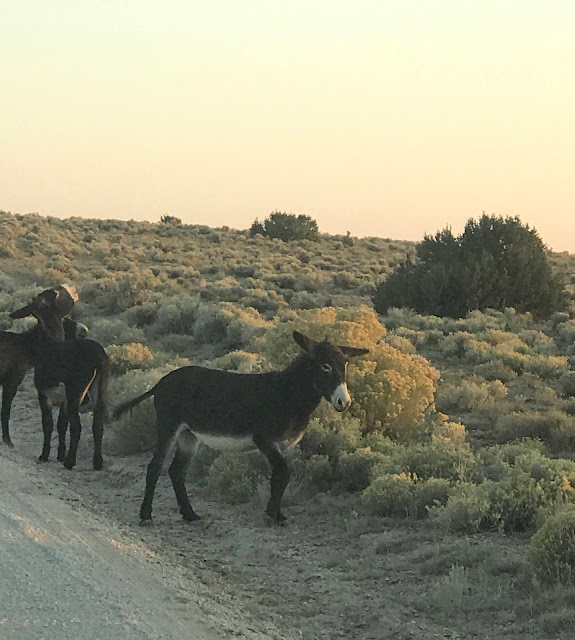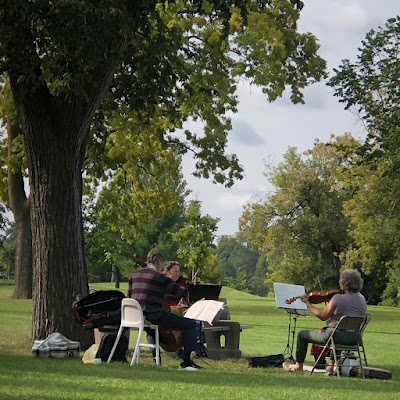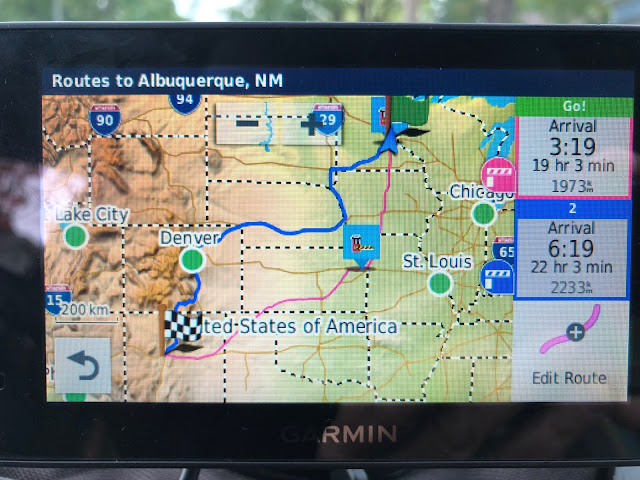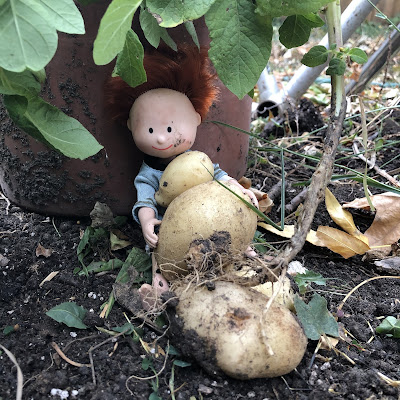This is my second "How to improve writing"* (writing rewrites) blog-post today.
I believe Penny Cooper is blogging today.
She is a proper little girl with the sparkly brain of a librarian who delights in looking things up and thinks you do too.
She frowns at the grammar of "Be Best", but she likes the idea.
I'm reading Smilla's Sense of Snow, by Peter Høeg (translation copyright 1993), some twenty-seven years after everybody else.
I'm not a reader of mysteries, usually. Following their details is a slog. But I am liking this book--I keep dog-earing pages to mark interesting passages.
[Re dog-earing: I am fine with mauling books. In this era of cheap and plentiful paperbacks, books are for use, however the user wants. The acidid paper won't last all that long anyway, however you use it.]
Here's a bit I marked last night.
Smilla is meeting a wealthy, powerful person at an expensive bakery, La Brioche d'Or, in a swank shopping district. She describes the raspberry tart she's eating:
"The raspberry tart has a bottom layer of almond custard. It tastes of fruit, burnt almonds, and heavy cream. Combined with the surroundings, it is for me the quintessence of the middle and upper classes in Western civilization. The union of exquisitely sophisticated crowning achievements and a nervous, senselessly extravagant consumption."
I like this! And, I don't.
I like what the author is going for.
Marz told me that being on the goat farm makes her realize how smart humans are---far, far smarter than goats. Shortly after she told me this, I accidentally ate dinner at an expensive restaurant that serves Spanish tapas.
("Accidentally": I was biking past and saw the restaurant's casual outdoor seating––only set up because of Covid)––and I thought it was a taco place. Forty-four dollars later, I left entirely happy that I'd made that mistake.)
As I ate seared beef tenderloin and oyster mushrooms in a sherry glaze, I thought--This is the quintessence of human intelligence:
Making food taste heavenly. There is no reason for it except pleasure. The pursuit of pleasure is a foundation of civilization.
And the cost of that pleasure is a weakness that could crumble civilization. How much devastation is and has been wrought to get things that taste good--sugar, spice, chocolate... and by the fossil fuels that speed and ease their delivery?
But some of the details of that paragraph? Um....
Like, burnt almonds? Would those taste good?
This books is translated out of Danish. Should "burnt almonds" be "toasted almonds"? Or, burnt sugar?
Or how 'bout "bitter almonds"--with their association with the scent of cyanide?
Whoops--no. Bitter almonds smell like cyanide because they contain some of that poison. (Article from NPR.)
Article from Epicurious: How to Save (Almost) Burnt Food.
"Have you ever over-toasted nuts til they're crispy and charred? Unfortunately that burnt flavor permeates like no other.
The food is really best tossed in the waste bin."
How to save burnt nuts, if they're savable?
Stick them immediately in the freezer, which arrests the cooking process.
Okay, though, I get the idea of contrast of taste.
But then, "the quintessence of middle and upper classes".
Hm. That's clunky, and, I think, too broad.
I hardly think of the middle classes as "exquisitely sophisticated and senselessly extravagant" on the whole.
Maybe just "upper class" or "classes" (the plural makes it broader)?
And then, nervous + senselessly---does that work?
I like the contrast, but nerves are our sensors.
Maybe "nervous, carelessly extravagant consumption"?
With the echo of Fitzgerald's "They were careless people, Tom and Daisy".
And is a raspberry tart really an "exquisitely sophisticated crowning achievement"?
Wouldn't "exquisitely sophisticated" be enough?
Here's the thing:
Does a writer want to raise these questions in a reader's mind?
I don't think so. You want your sentences to go down like a smooth, sweet custard with the pleasant punctuation of a tart fruit.
Let's see. Here's a rewrite:
"The raspberries rest on almond custard. The tart tastes of sharp fruit, burnt sugar almonds, and heavy cream. In these
surroundings, it is the quintessence of the upper
classes of Western civilization. The union of exquisite sophistication and a nervous, careless, extravagant
consumption."
Is this better?
Penny Cooper says yes.
❧ ❧ ❧
* I take "How to improve writing" from the name of blogger Michael's ongoing series "dedicated to improving stray bits of public prose", which give me lots of pleasure.
P.S. And now I want a raspberry custard tart!
















